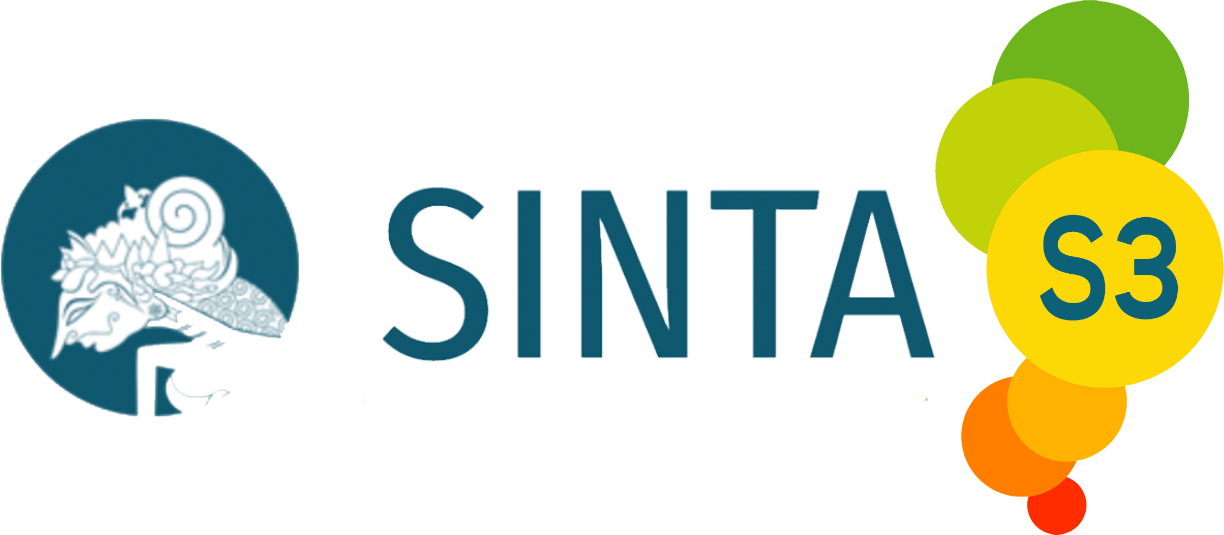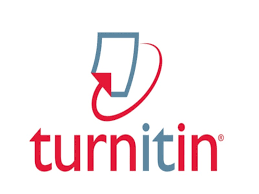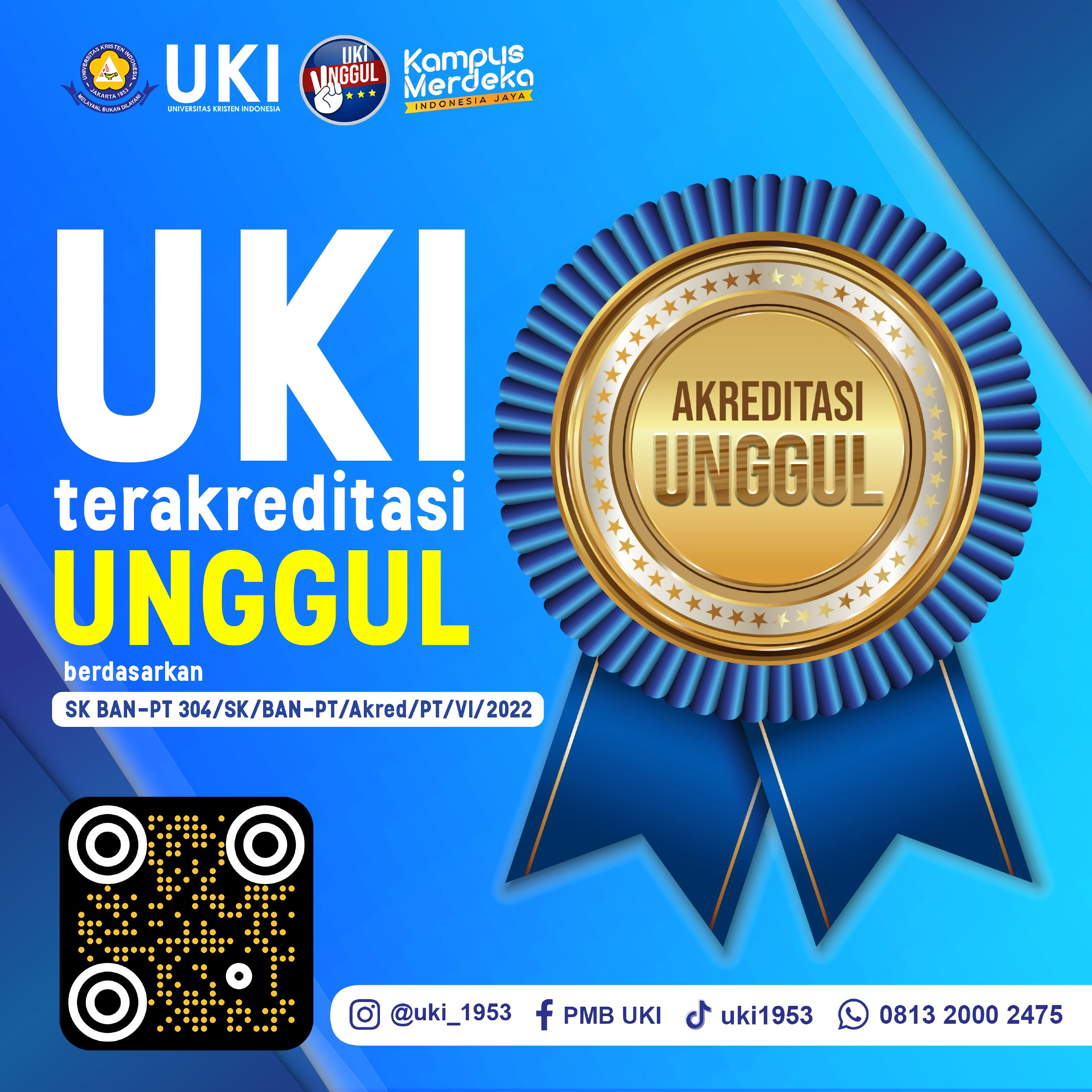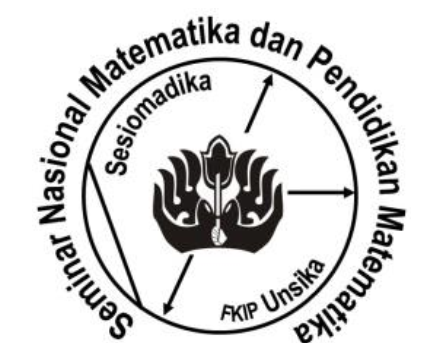Penerapan Metode Pembelajaran Project Based Learning Menurut Kurikulum Prototipe untuk Pembelajaran Matematika yang Bermakna
DOI:
https://doi.org/10.33541/edumatsains.v7i2.4493Keywords:
Applicable, Math, Meaningful, ProjectAbstract
Most students think that the hardest subject to understand is math. It happened when the student did not get the meaning of doing math. It was made worse by the covid situation, students more and did not get any value. Even though the government had provided curriculum and lesson method options to be held in class, still it can be maximized to create meaningful math lessons. Therefore, this research focuses on the application of the Project-Based Learning (PjBL) method based on a prototype curriculum to make math lessons more meaningful. The research method that will be used is descriptive qualitative. Students must get meaningful math lessons to find the greatness of God by doing math in their daily lives. Finally, students also glorify God. The research result is, PjBL based on the prototype curriculum method can help make learning mathematics more meaningful. The writer suggests for schools, hold training on using PjBL based on the curriculum prototype method, for teachers to apply this method in abstract topics, and for the next researcher to research the application of the PjBL method based on another curriculum.
References
Abidin, Y. (2018). Pembelajaran Literasi. Bumi Aksara.
Andriani, W., Subandowo, M., Karyono, H., & Gunawan, W. (2021). Learning Loss dalam Pembelajaran Daring di Masa Pandemi Corona. Prosiding Seminar Nasional Teknologi Pembelajaran Universitas Negeri Malang, 2, 485–501. Retrieved from http://snastep.com/proceeding/index.php/snastep/index
Ariesta, F. W. (2018, November). Pentingnya pembelajaran bermakna (meaningful learning). Binus.Ac.Id, 1. from https://pgsd.binus.ac.id/2018/11/23/pentingnya-pembelajaran-bermakna-meaningfull-learning/
Baety, D. N., & Munandar, D. R. (2021). Analisis Efektifitas Pembelajaran Daring Dalam Menghadapi Wabah Pandemi Covid-19. Edukatif: Jurnal Ilmu Pendidikan, 3(3), 880–989. https://doi.org/10.31004/edukatif.v3i3.476
Capraro, R. M., Capraro, M. M., & Morgan, J. R. (2013). STEM project-based learning an integrated science, technology, engineering, and mathematics (STEM) approach. STEM Project-Based Learning an Integrated Science, Technology, Engineering, and Mathematics (STEM) Approach, January 2013, 1–210. https://doi.org/10.1007/978-94-6209-143-6
Coolman, R. (2015). Tessellation: The Geometry of Tiles, Honeycombs and M.C. Escher. Retrieved September 14, 2022, from live science website: https://www.livescience.com/50027-tessellation-tiling.html
Denzin, N. K. (2017). The SAGE Handbook of Qualitative Research. SAGE Publications.
Dirgantoro, K. P. S., & Soesanto, R. H. (2021). Peran guru kristen dalam menuntun siswa memandang matematika [The role of christian teachers in guiding students to view mathematics]. JOHME: Journal of Holistic Mathematics Education, 5(1), 114–124. https://doi.org/https://dx.doi.org/10.19166/johme.v5i1.3363
Dochy, F., Segers, M., Van den Bossche, P., and Gijbels, D. (2003). Effects of problem-based learning: A meta-analysis. Learning and Instruction, 13(5), 533–568. https://doi.org/10.1016/S0959-4752(02)00025-7
Donnelly, R., & Patrinos, H. A. (2021). Learning loss during Covid-19: An early systematic review. Prospects, 0123456789. https://doi.org/10.1007/s11125-021-09582-6
Faiz, A., Parhan, M., & Ananda, R. (2022). Paradigma Baru dalam Kurikulum Prototipe. Edukatif: Jurnal Ilmu Pendidikan, 4(1), 1544–1550. https://doi.org/10.31004/edukatif.v4i1.2410
Fathauer, R. (2020). Tessellations Mathematics, Art, and Recreation. CRC Press.
Gazali, R. Y. (2016). Pembelajaran matematika yang bermakna. Math Didactic: Jurnal Pendidikan Matematika, 2(3), 181–190. https://doi.org/10.33654/math.v2i3.47
Goodman, B., & Stivers, J. (2010). Project-Based Learning Why Use It? Educational Psychology, ESPY 505, 1–8. Retrieved from https://www.fsmilitary.org/pdf/Project_Based_Learning.pdf
Grant, M. M. (2002). Getting a grip on project-based learning: Theory, cases and recommendations. Meridian, 5(1). Retrieved from https://www.researchgate.net/publication/228908690_Getting_a_grip_on_project-based_learning_Theory_cases_and_recommendations
Howland, J. L., Jonassen, D., & Marra, R. (2012). Meaningful Learning with Technology (4th ed.). Pearson.
Malawi, I., Kadarwati, A., & Dayu, D. P. K. (2019). Teori dan Aplikasi Pembelajaran Terpadu (1st ed.). CV. AE Media Grafika.
Markham, T. (2015). Project Based Learning Handbook. Blurb, Incorporated.
Mishad. (2021). Membahas Kurikulum Prototipe 2022. In Resonansi Pemikiran ke-18: Peningkatan Literasi Goegrafi melalui Media Massa (p. 295). Universitas Muhammadiyah Press.
Movahedzadeh, F., Patwell, R., Rieker, J. E., & Gonzalez, T. (2012). Project-Based Learning to Promote Effective Learning in Biotechnology Courses. Education Research International, 2012, 1–8. https://doi.org/10.1155/2012/536024
Murniarti, E. (2017). Penerapan Metode Project Based Learning. Journal of Education, 3(2), 369–380.
Nurkamilah, M., Nugraha, F., & Sunenda, A. (2018). Mengembangkan Literasi Matematika Siswa Sekolah Dasar melalui Pembelajaran Matematika Realistik Indonesia. Jurnal Theorems (The Original Research of Mathematics), 2(2), 70–79. Retrieved from http://jurnal.unma.ac.id/index.php/th/article/view
Pratasik, S. (2021). Analisis Efektivitas Pembelajaran Daring. Lakeisha. Retrieved from https://books.google.co.id/books?hl=id&lr=&id=ALRTEAAAQBAJ&oi=fnd&pg=PA1&dq=efektivitas+pembelajaran+daring&ots=5cfBp1UwyB&sig=Jx_bI6l-A2e1O3oGbHOpbFWTAVw&redir_esc=y#v=onepage&q=efektivitas pembelajaran daring&f=false
Rachmawati, N., Marini, A., Nafiah, M., & Nurasiah, I. (2022). Projek Penguatan Profil Pelajar Pancasila dalam Impelementasi Kurikulum Prototipe di Sekolah Penggerak Jenjang Sekolah Dasar. Jurnal Basicedu, 6(3), 3613–3625. https://doi.org/10.31004/basicedu.v6i3.2714
Rodiawati, L. (2021). Problematika Guru dan Siswa dalam Pembelajaran Daring di Masa Pandemi Covid-19 dan Solusinya. Retrieved September 6, 2022, from https://bdkbandung.kemenag.go.id/berita/problematika-guru-dan-siswa-dalam-pembelajaran-daring-di-masa-pandemi-covid-19-dan-solusinya
Rosmana, P. S., Iskandar, S., Fauziah, H., Azzifah, N., & Khamelia, W. (2022). Kebebasan Dalam Kurikulum Prototipe. Jurnal Pendidikan Anak Usia Dini, 4(1), 115–131. https://doi.org/10.26618/equilibrium.v10i2.7262
Rulviana, V. (2020). Pembelajaran Terpadu (1st ed.). CV. AE Media Grafika.
Safithri, R., Syaiful, S., and Huda, N. (2021). Pengaruh Penerapan Problem Based Learning (PBL) dan Project Based Learning (PjBL) Terhadap Kemampuan Pemecahan Masalah Berdasarkan Self Efficacy Siswa. Jurnal Cendekia: Jurnal Pendidikan Matematika, 5(1), 335–346. https://doi.org/10.31004/cendekia.v5i1.539
Setyowati, N., & Mawardi, M. (2018). Sinergi Project Based Learning dan Pembelajaran Bermakna untuk Meningkatkan Hasil Belajar Matematika. Scholaria: Jurnal Pendidikan Dan Kebudayaan, 8(3), 253–263. https://doi.org/10.24246/j.js.2018.v8.i3.p253-263
Sitompul, L., and Nababan, E. B. (2022). Implementasi Pembelajaran Bermakna Melalui Metode Project Based Learning (PJBL) Pada Materi Teks Prosedur Kelas XI. Kode: Jurnal Bahasa, 11(2), 149–166. https://doi.org/10.24114/kjb.v11i2.36283
Trilling, B. (2012). 21st Century Skills Learning for Life in Our Times. Wiley.
Trisnawati, S., Praptiningsih, Zulkifli, Harahap, T., Putri, A., Rahmadan, N., & Hidayati, S. (2022). Kurikulum Prototipe Sebagai Opsi Pendidikan di Indonesia. Tahta Media Group.
Tung, K. Y. (2013). Filsafat Pendidikan Kristen. Andi Offset.
van Brummelen, H. (2009). Berjalan Dengan Tuhan di Dalam Kelas. Universitas Pelita Harapan Press.
Vebrianto, R. (2021). Bahan Ajar IPA Berbasis Model Pembelajaran Project Based Learning. Dotplus.
Widodo, M. S. (2014). Keefektifan Pembelajaran Matematika Dengan Pendekatan Pendidikan Matematika Realistik Indonesia (Pmri) Pada Materi Lingkaran Di Kelas Viii Smp. Jurnal Ilmiah Pendidikan Matematika, 3(2), 42–48.
Widyantini, T. (2014). Penerapan Model Project Based Learning (Model Pembelajaran Berbasis PPPPTK Matematika, 1–19. Retrieved from http://p4tkmatematika.kemdikbud.go.id/artikel/2014/04/21/penerapan-model-project-based-learning-model-pembelajaran-berbasis-proyek-dalam-materi-pola-bilangan-kelas-vii/
Widyastuti, A. (2022). Merdeka Belajar dan Implementasinya: Merdeka Guru-Siswa, Merdeka Dosen-Mahasiswa, Semua Bahagia. PT Elex Media Komputindo.
Yamsih, S. (2021). Implementasi Project Based Learning (Improbasle) Pada Pembelajaran Online di Masa Pandemi Covid-19 Bagi Siswa SMA Negeri 1 Tawangsari Tahun Pelajaran 2020 / 2021 Implementasi of Project Based Learning ( Improbasle ) in Online Learning During the Covid-1. Junal Pendidikan, 30(2), 219–224. Retrieved from http://journal.univetbantara.ac.id/index.php/jp/article/view/1377/1033
Yusuf, B. B. (2017). Konsep Dan Indikator Pembelajaran Efektif. Jurnal Kajian Pembelajaran Dan Keilmuan, 1(2), 13–20. http://dx.doi.org/10.26418/jurnalkpk.v1i2.25082
Ziegler, U., & Crews, T. (1999). An integrated program development tool for teaching and learning how to program. SIGCSE 1999 - Proceedings of the 13th SIGCSE Technical Symposium on Computer Science Education, 1(1), 276–280. https://doi.org/10.1145/299649.299786



















_(1).png)

